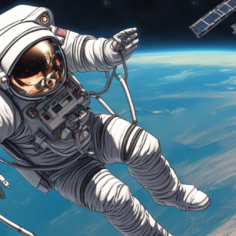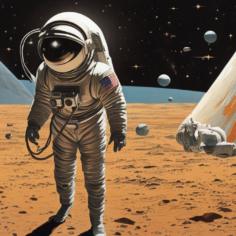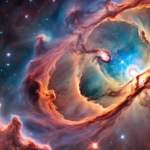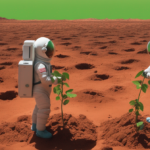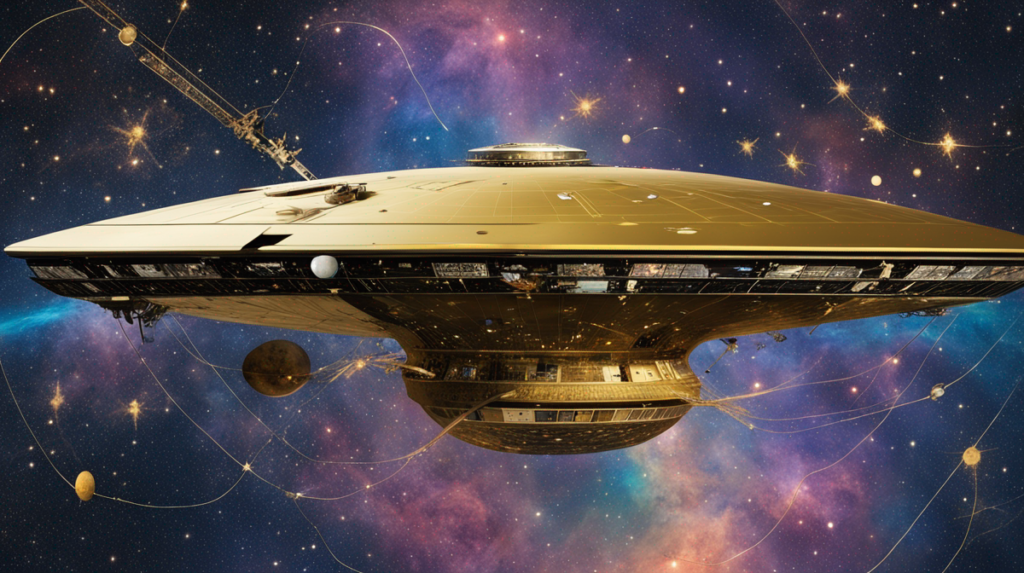
The Voyager Probes, Voyager 1 and Voyager 2, represent humanity’s most ambitious attempt yet to reach out to the cosmos. As they venture further into space carrying information about our planet and civilization, they also raise intriguing questions about the ‘interstellar health impacts’ – a concept that lies at the intersection of space exploration and human health.
The Voyager Probes: A Brief Overview
Launched by NASA in the late 1970s, the Voyager Probes have outlived their intended mission timeline. Their primary task was to explore Jupiter and Saturn, but their journey didn’t end there. They kept plunging deeper into space, carrying a ‘Golden Record’ – a disc containing sounds and images representing life on Earth.
Interstellar Health Impacts: The New Frontier
As we broaden our horizons and continue our forays into space, understanding the implications on human health becomes crucial. Living in space entails dealing with a myriad of health issues – from exposure to ionizing radiation, mental health concerns due to isolation and confinement, to the subtle changes in microbiomes.
Ionizing Radiation and Health
Space missions expose astronauts to ionizing radiation from the sun’s rays and outside the solar system. Over time, this may increase the risk of cancer and damage the central nervous system. It’s a topic that’s increasingly gaining attention as plans for manned Mars missions grow tangible.
Psychological Health
The psychological effects of space travel are not fully understood yet, but astronauts report feelings of isolation and confinement. The quick shift from a bustling earth to a spacecraft or space station moving in relative silence through the infinite cosmos can induce ‘space euphoria’ – a sense of overwhelming awe that could potentially edge into fear and distress.
(Read Also: Stellar Therapy: Unraveling the Health Benefits of Cosmic Collisions and Galaxy Mergers)
Changes in Microbiomes
Recent studies suggest that space travel could impact human microbiomes – the trillions of microbes inhabiting our bodies. These shifts could lead to health consequences like weakened immune responses and increased susceptibility to disease.
The Future: Healthy Space Exploration
As we continue to send messages to space through initiatives like the Voyager Probes, it’s crucial that we also consider potential health impacts. Promoting healthy space exploration means conducting research to understand and mitigate health risks associated with space travel.
(Read Also: Dark Matter and Dark Energy: Unraveling The Cosmic Mysteries for Your Health)
Space Health Research and Technology
Health-related space research is evolving rapidly. Scientists are exploring how synthesized pharmaceuticals behave in space, the use of telemedicine for remote patient monitoring, and the potential for 3D printing for creating medical supplies off-Earth.
Space Health and Policy
While much attention has been paid to the scientific and engineering challenges of space exploration, it’s equally necessary to consider the policy and legislation that can support healthy space exploration. Guidelines for protecting astronauts and regulating health-related matters are paramount.
Conclusion
The Voyager Probes’ messages represent a milestone in human’s attempt to understand the cosmos. Yet, this cosmic outreach also points to another vital frontier – health in space. As we continue to journey through the cosmos, let’s ensure that health is part of the conversation.
Last modified: 30 November 2023



